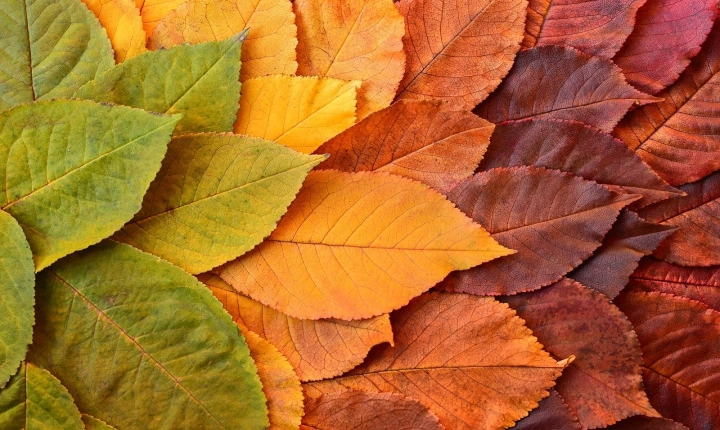In recent years, artificial intelligence (AI) technology has made significant strides in the field of image generation. One of the most intriguing developments in this field is the creation of AI-generated portraits, also known as AI pics. These AI-generated images have sparked both fascination and concern among the public, as they blur the lines between reality and fiction.
On one hand, AI pics have ushered in a new era of creative expression, enabling artists and designers to produce captivating and visually stunning images. The AI algorithms behind these images can seamlessly combine features from various sources, producing faces that are convincingly human-like, yet entirely generated by machine. This has opened up new frontiers in digital art and design, allowing for the creation of unique and thought-provoking visuals that were previously unattainable.
Moreover, AI pics have also found applications beyond the realm of artistic expression. In industries such as advertising, fashion, and entertainment, AI-generated images are being used to showcase products and attract consumers. The flexibility and adaptability of AI-generated portraits make them ideal for creating visually striking and attention-grabbing content.
However, the proliferation of AI pics also raises ethical and moral considerations. As AI technology becomes increasingly sophisticated, the potential for misuse and exploitation of these images grows. There are concerns about the impact of AI-generated images on the concept of identity and the potential for these images to be used for deceptive or manipulative purposes, such as creating fake profiles or spreading misinformation.
Furthermore, the implications of AI-generated images on privacy and consent are also a topic of concern. With the ability to generate lifelike portraits of people who do not actually exist, questions arise about who has the right to control and use these images. The ethical considerations surrounding the use and distribution of AI-generated images highlight the need for thoughtful regulation and guidelines to address these emerging challenges.
In conclusion, the rise of AI pics represents a significant advancement in the field of artificial intelligence and image generation. The creative potential of these images is undeniable, opening up new possibilities for artistic expression and visual storytelling. However, the ethical implications of AI-generated images must be carefully considered and addressed to ensure their responsible use and minimize potential harm. As AI technology continues to evolve, it is crucial for society to engage in informed discussions and develop ethical frameworks to navigate the complex landscape of AI-generated images.
